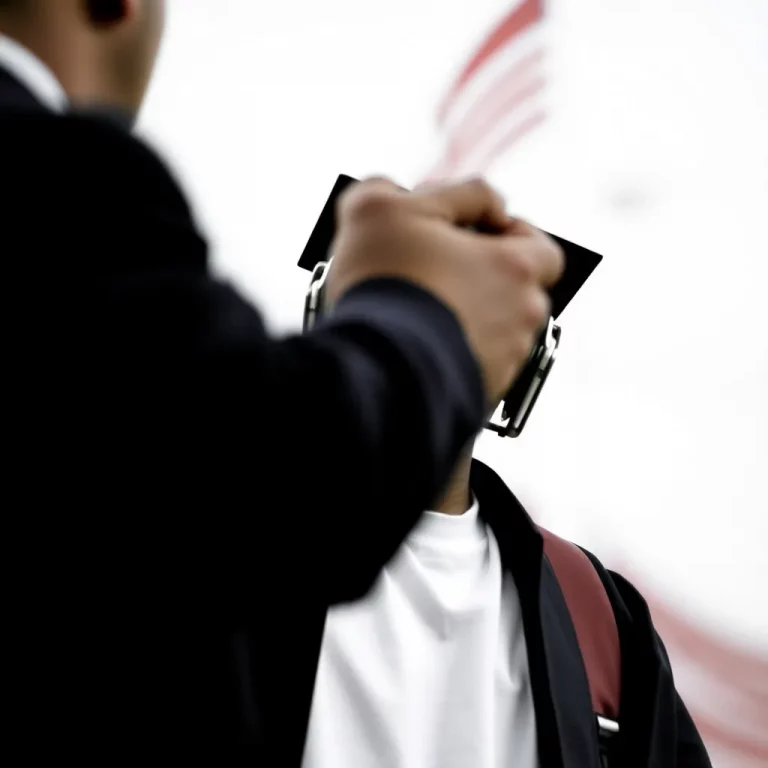Washington, D.C. – College sports finds itself at a critical juncture with the introduction of a new bill in the House called the SCORE Act, short for Student Compensation and Opportunity through Rights and Endorsements Act. This bill aims to address recent changes in how student-athletes can profit from their name, image, and likeness (NIL). However, it has raised concerns about granting the NCAA an exemption from federal antitrust laws.
The NCAA, which has long been viewed as a powerful entity in college sports, would be able to operate without the usual competitive limitations that apply to other organizations under this new legislation. Critics argue that this could allow the NCAA to control athlete earnings and prevent fair competition among colleges and athletes.
As it stands, college athletes only recently gained the ability to benefit financially from their personal brand, an advancement many consider long overdue. With the introduction of the SCORE Act, there’s a fear that Congress might undermine this progress by enabling the NCAA to bypass antitrust laws. This would essentially allow them to collude on pay rates for student-athletes without facing legal consequences.
Supporters of fair labor practices believe that this move could set a dangerous precedent. They point to how Major League Baseball has enjoyed an antitrust exemption for over a century, leading to significant inequalities and unfavorable conditions for players. If the NCAA is granted similar powers, it might repeat this pattern, which could harm student-athletes and the integrity of college sports.
The debate around this legislation is heating up. Advocates for student-athlete rights argue that the current laws should support fairness and transparency, reinforcing the idea that college sports should evolve to better represent the interests of all involved. They hope Congress will act to protect these budding rights and refrain from giving undue advantages to established organizations like the NCAA.
As the fate of the SCORE Act hangs in the balance, student-athletes and supporters are watching closely, hoping for a ruling that prioritizes competition, fairness, and the well-being of future generations of athletes.


